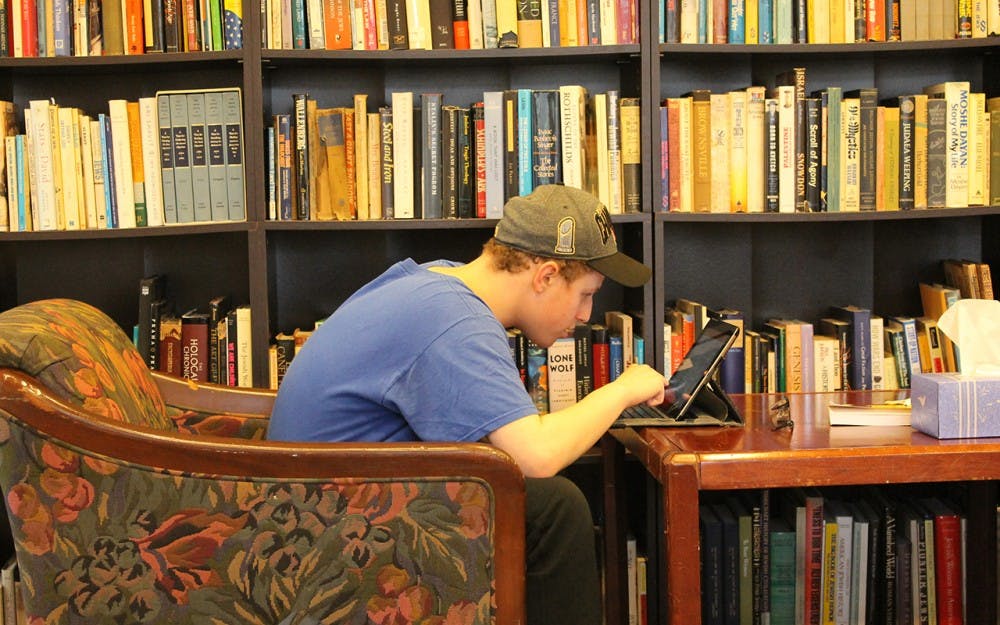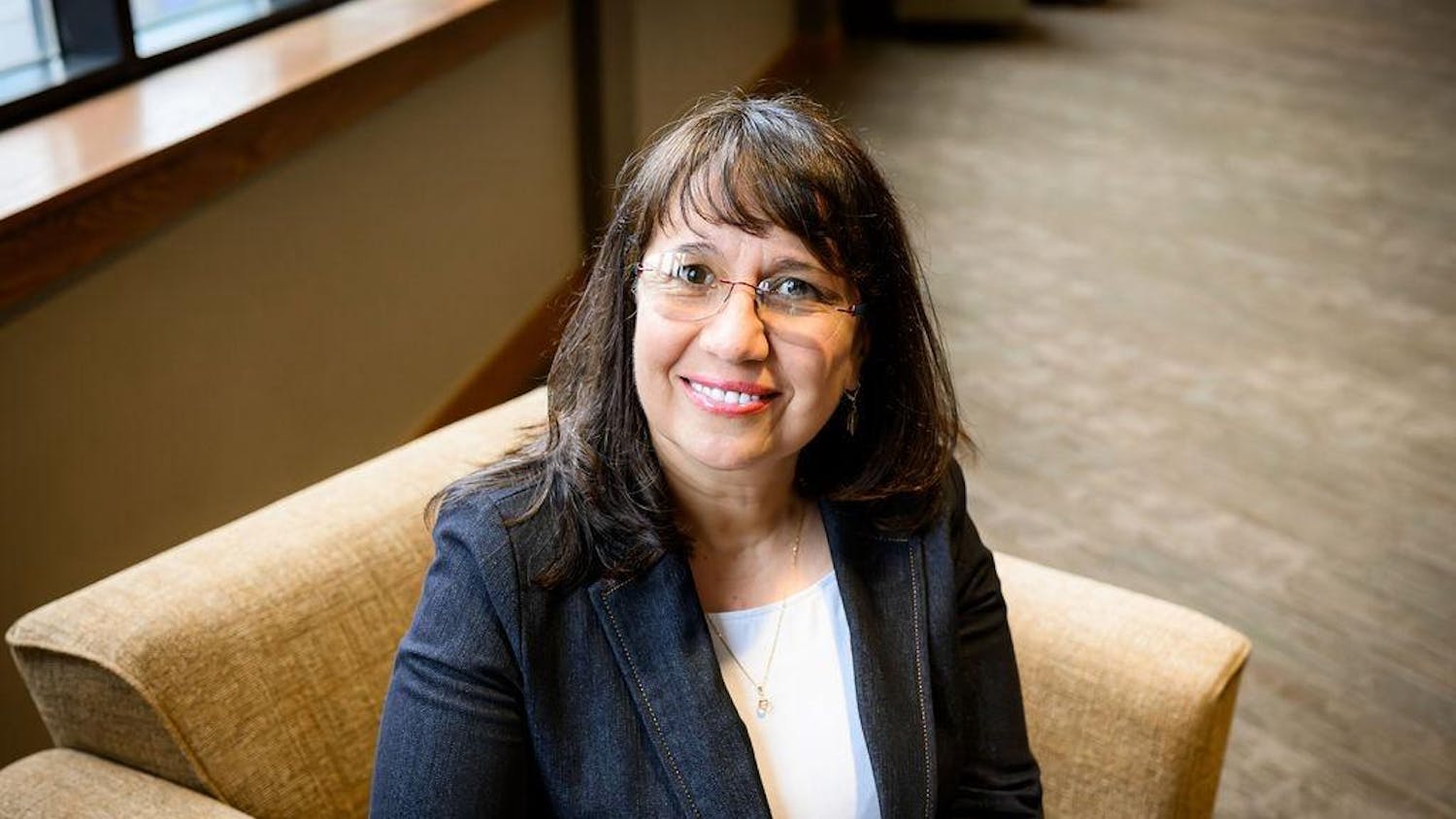For the first 15 years of his life, Ethan Brown kept kosher.
He refrained from eating meat with dairy and only ate meat killed in accordance with Jewish law. He even kept from using electronics during Shabbat from sundown Friday to sundown Saturday.
However, during his freshman year of high school, Brown, now an IU junior, realized he did not believe in a monotheistic god.
“My parents really wanted me to stay keeping kosher, but as my own beliefs evolved, it really didn’t make sense to me anymore,” Brown said.
Despite his lack of religious conviction, Brown said he still identifies as Jewish.
However, a non-religious Jew may not be as much of an oxymoron as one might think. In fact, according to a 2014 Pew Research Center study, two thirds of the United States Jewish population say a person can be Jewish without believing in God. Likewise, 60 percent see Judaism as mostly matter of culture and ancestry, and only 15 percent see it mainly as a matter of religion.
To Sue Silberberg, rabbi and director of IU Hillel, Judaism is a combination of culture, ancestry and religion that culminates in a way of life.
“Judaism has never really been just a religion,” she said. “In history people would live in context with the Jewish community, and they would live and practice together in this whole comprehensive way of living life.”
Instead of culture and ancestry, Silberberg said it is a set of shared values that takes precedence in her personal connection with Judaism. These values are rooted in tzedakah — the Hebrew word for righteousness and justice. This concept involves valuing efforts to make the world a more fair and just place.
“We do have fundamental beliefs, but it’s probably even more so about your values and how you life your life,” she said. “If you honor the sanctity of life and serve others, you will get a lot out of Judaism regardless of how deeply religious you are.”
On the other hand, while Jewish IU graduate student Yael Litwin said these facets of Judaism are indeed interwoven, she said she sees Judaism as a relationship with God.
“Everything we do is for God, for his plan for the world and creation,” Litwin said. “There’s always a purpose to bring godliness down to the world and the physical realm.”
However, Brown, like many other American Jews, sees Judaism as a culture rooted in shared traditions and values rather than a connection to God.
As a result, Brown said he recognizes that there is a trend in Jews relating to Judaism in less and less of a religious way.
“In America I think a lot of Jews, especially younger ones, tend to be less religious but still very culturally Jewish,” he said. “They still form that Jewish community that’s a really big thing in Judaism.”
While Litwin said she agrees Jews can identify as Jewish regardless of religious conviction, she said culture is not a shared experience among Jews. Instead Litwin defines Judaism as much broader than a specific culture.
“A Jew from Yemen is going to eat very different things from a Jew from Poland or Brazil,” she said. “It’s something that’s happened in America, where we view Judaism as a culture because a lot of Jews came from Europe. Judaism is rooted in religious text, ancestry and values, but culture is something more specific to where the Jew came from.”
Like Litwin, Silberberg also said once you are Jewish, you will always be Jewish if you choose to identify as such. She said this also applies to Jews without religious convictions.
“Traditionally if you’re born of a Jewish mother or convert to Judaism, you are Jewish no matter what,” she said. “You don’t just get kicked out. Judaism doesn’t say you must believe in XYZ, which is why some people see it as a heritage, although we do have many religious principles as well.”
Despite this inclusion of non-religious Jews, Litwin said the trend toward reduced religious connections may be rooted in a history of oppression that keeps Jews from fully immersing themselves in every aspect of Judaism.
“A lot of years of oppression make people want to stay away from what got them oppressed,” Litwin said. “They say family trauma is in your DNA, and we’ve had thousands of years of trauma and exile. It can be off-putting.”
Brown, however, said the trend may be due to the Jewish value of allowing exploration and openness to contrasting perspectives.
“No one is telling me that I shouldn’t read the Quran or the New Testament,” he said. “No one is saying you shouldn’t explore other ways of thinking. I think because of that a lot of Jews feel more comfortable developing their own religious views that may be separate from Judaism.”
Silberberg said regardless of why students may or may not connect with Judaism on a religious level, it is important to accept them.
“We honor students for who they are,” Silberberg said. “We don’t make it our goal to make someone start practicing this or believe that. We really just want people to explore and interact with their Judaism.”






